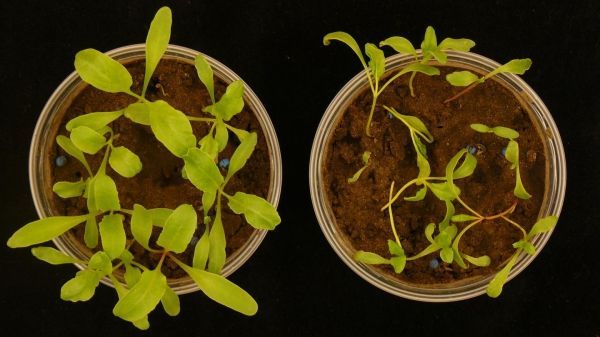Micro-organisms living inside plant roots team up to boost the plant’s growth and tolerance to stress. An international research team led by the Netherlands Institute of Ecology (NIOO-KNAW) and Wageningen UR reports its discovery in today’s issue of the renowned scientific journal Science.
Certain species of 'resident' bacteria can protect plant roots against fungal infections. Researchers from the Netherlands (Wageningen, Leiden, Rotterdam), Brazil, Colombia and the United States made this discovery using metagenomics: a form of DNA-technology that analyses genes from an environment to reveal the previously hidden diversity of the local microbial community.
"It's without precedent that we were able to reconstruct the composition and functions of this community in plant roots based solely on DNA-sequencing", says the study's last author and research leader, Jos Raaijmakers from NIOO-KNAW.
Sustainable crop production
"Bacteria are essential to the functioning of plants, animals and people", argues Raaijmakers. "Our main goal was to discover micro-organisms inside roots that are recruited by the plant when it's under attack from fungal pathogens. Our study represents a big step forward for developing more sustainable crop production systems, with fewer pesticides."
Read more at Netherlands Institute of Ecology (NIOO-KNAW)
Image: These sugarbeet seedlings clearly show the effect of the presence or absence of microbial 'helping hands'. (Credit: NIOO-KNAW)


